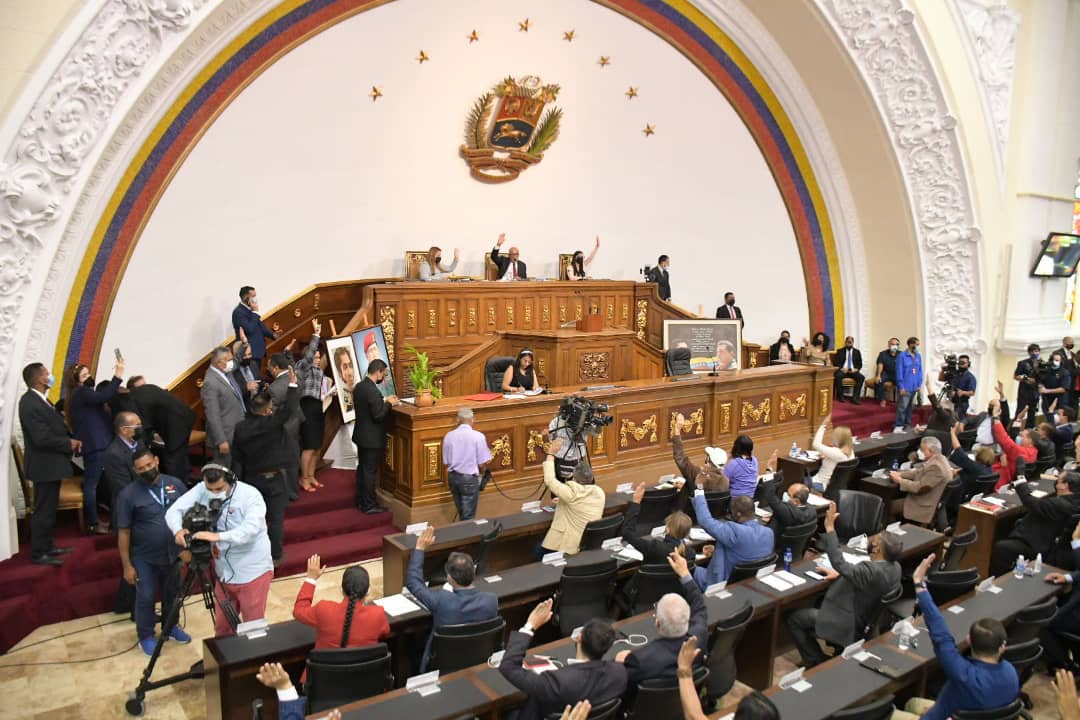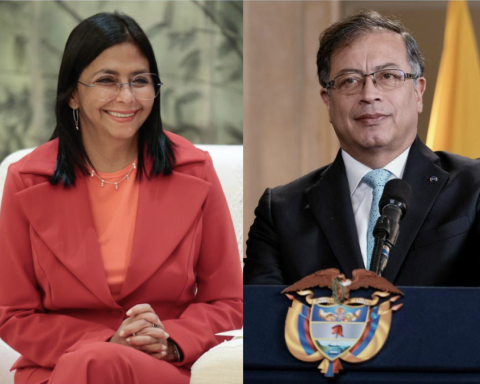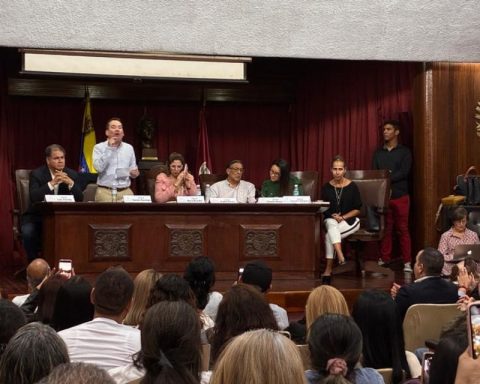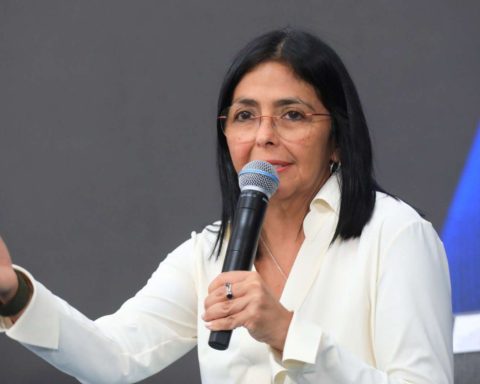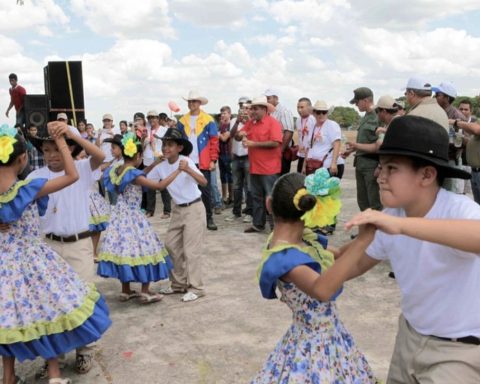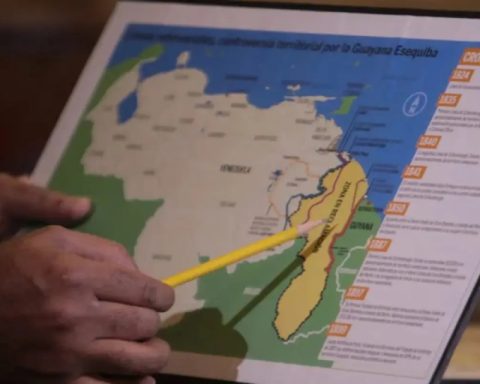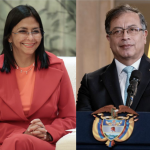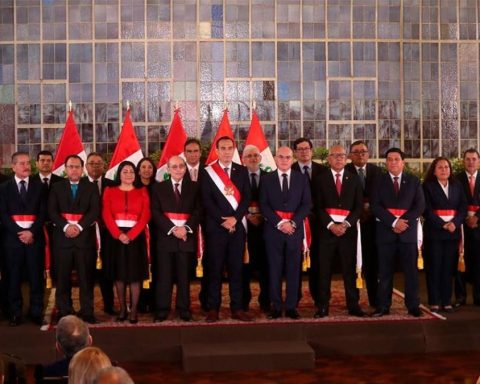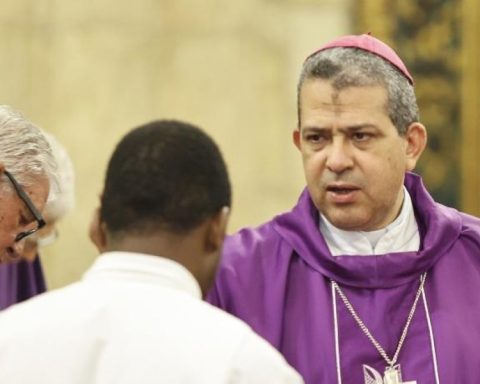This Thursday the National Assembly (AN) debated and approved the first discussion of the Guardianship Law project that will protect children and adolescents who do not have parents or legal representatives or are in a situation of helplessness.
The bill has three chapters, 16 articles and a derogatory provision. The new legal regulation seeks to confer “govern people and property of minors who are not subject to parental authority so that they are represented in all acts of civil life,” said deputy Angélica Barroso, when presenting the legislative proposal.
The guarantees established in the text of the law are aimed at the protection of minors and substitute families in the face of possible situations and a guardian is appointed for the protected subjects to protect the life, property of the owners in order to avoid decrease of rights and consequently protect personal integrity and regularize the necessary protection.
After the unanimous approval, the president of the Legislative Power, Jorge Rodríguez, stated that this project could contain elements that are already in the Civil Code and in the Organic Code of Criminal Procedure, but it is extremely necessary to approve it as an innovative law that accelerates the protection of children, girls and adolescents who find themselves in this situation.
“It is a way to accelerate protection while we focus on the task of reforming or creating new codes, because if we wait for these processes to take place, thousands of children and adolescents are left defenseless. It is the main reason,” Rodríguez said.
He asked the parliamentarians to also initiate the necessary consultation process on this legal project of Guardianship before the communities and the People’s Power, as the highest interest of the AN, the families and minors of the country.
“It is a law that increases the protection process that makes the guardianship process more agile, in a country where the predominance is of many single women taking care of children, grandchildren, nephews. That’s where this law goes and we must direct our gaze and not be left out the voice of so many women who raise their children and guardians “.
